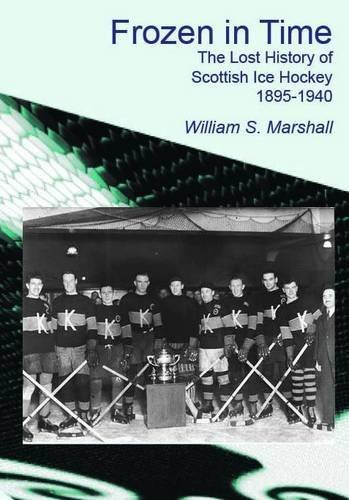The national team was almost unassailable, losing just once in a 15 year period from 1873 to 1888, while Queen’s Park could count numerous Scottish Cup successes including four of the first five tournaments of the 1880s. Under the structure of the time, they could also enter the FA Cup but apart from a cameo appearance in the very first contest of 1872 they had scratched every time.
Following repeated appeals from English clubs to bring their style of play and undoubted box office appeal to the party, Queen’s Park finally decided to take part in 1883/84. Few doubted their ability to lift the trophy after they destroyed a succession of English opponents with scores that would be unimaginable today: Crewe Alexandra lost 10-0, Manchester 15-0, Oswestry 7-1 and Aston Villa 6-1. Old Westminsters were more obstructive but still fell to a single goal, and in the semi-final the cup holders, Blackburn Olympic, were dumped 4-1. Their city rivals, Blackburn Rovers, lay in wait.
The Glasgow side already had the Scottish Cup in the trophy cabinet, albeit with a slightly hollow ring as old rivals Vale of Leven had refused to play the final and Queen’s Park were awarded the cup by default. They travelled to London with confidence for what was seen as a showdown between England and Scotland, and were widely considered favourites to win.
There were 12,000 spectators at Kennington Oval including trainloads from Lancashire and a fair number of Scots but the latter left the stadium feeling bitterly disappointed – according to the club's official history they were ‘refereed out of the game’ as Major Francis Marindin made decisions which were ‘peculiar and vain’. After intense pressure which saw the post struck twice, Christie scored for Queen’s Park but it was disallowed for offside, then in a flurry of activity all the goals were scored in a fifteen minute spell. Blackburn Rovers went into a two goal lead through Brown and Forrest, then towards the end of the half Christie scored a legitimate goal, but it did not herald a second half fightback and his side fell to a 2-1 defeat.
The Scots were upset by the thinly-veiled professionalism of the Blackburn team and tried to protest, but had no proof. However, what really rubbed salt into the wounds was the referee coming to the team hotel the day after the game. Major Marindin told the players that not only did they have the ball through the Rovers goal by a foot but did not claim, but that the first goal scored against them was distinctly offside but no appeal was made – this was at a time when, as in cricket, an appeal had to be made to the umpires. In effect, he told them they should have won the cup.
The goalscorer is of particular interest: Robert Christie achieved the unique distinction of being the only man ever to score a goal for a Scottish club in an FA Cup Final. Earlier that month, the schoolmaster’s son from Dunbane had become one of Scotland’s youngest ever internationalists against England, aged 18 years and four months. His top level playing career was as brief as it was meteoric, cut short by a painful knee injury just two years later, but he went on to be President of the Scottish FA in 1903 and an international curler, before his life ended prematurely, killed in action in the final year of the First World War.
Queen’s Park reached the final again the following year, only to come up against the same opponents. The outcome was also the same, only the score in 1885 was 2-0 for Blackburn Rovers. A flurry of Scottish teams entered the FA Cup the following two seasons, hoping to emulate QP, with Rangers coming closest by reaching the semi-final. Then in 1887 the Scottish FA ruled that no team from Scotland could enter any national cup competition apart from their own, and that was that (apart from the cameos by Gretna in the 1990s, but that’s another story).
NB by a strange coincidence, also on 29 March 1884, Scotland defeated Wales 4-1 in Glasgow to win the first British Championship, having already beaten England 1-0 and Ireland 5-0. It was Scotland's 12th consecutive international victory - what we would give for that kind of record now!

 RSS Feed
RSS Feed